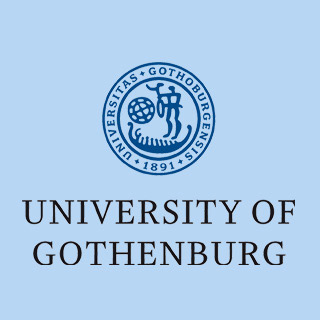
A thesis from the Sahlgrenska Academy, at the University of Gothenburg, Sweden claims that patients suffering from advanced prostate cancer are frequently treated with hormones, but when the tumors begin developing again, they seem to have more and different blood vessels. This finding could lead the way for new treatments of hormone-resistant prostate cancer.
When the prostate cancer has extended, majority of the patients apparently receive hormone therapy. This supposedly decreases the generation of the male sex hormone and the tumor may reduce in size.
Molecular biologist Heléne Gustavsson, who wrote the thesis, commented, “The problem is that the effect is transient. Sooner or later the tumor will develop resistance to the hormone treatment and then the cancer will continue to grow, often as secondary tumors in the bones.â€
Tumors seem to create new blood vessels if they are to develop and multiply in the body. The thesis illustrates that the tumors could have relapsed after a patient received hormone therapy comprising of additional blood vessels. The blood vessels frequently also appear different as compared to how they looked in the initial stages of the disease.
Gustavsson remarked, “If we can prevent the tumor from making new blood vessels, we can also prevent the cancer from spreading. Now that we have a better understanding of how the formation of blood vessels is controlled in this stage of prostate cancer, we are in a better position to develop medicines that suppress the formation of new vessels in hormone-resistant prostate cancer.â€
An additional striking discovery seems to be levels of a protein called ADAMTS1 that are believed to be lesser in these hostile and violent tumors. This protein could slow down the development of blood vessels. Low levels of the protein in the tumors may be linked with more blood vessels and a bigger spread of the cancer.
The team at the Sahlgrenska Academy is now all set to evaluate how these alterations could influence the role of the blood vessels and their responsiveness to other treatments.
